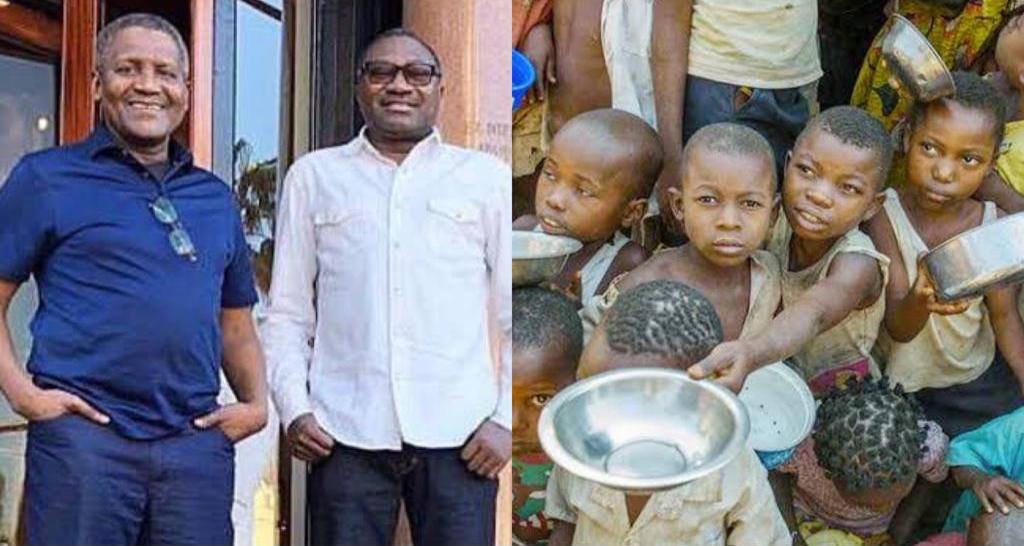
The World Bank says that due to high inflation, richer Nigerians have lost more purchasing power than poorer households.
The Washington-based financial institution disclosed this in its June edition of the ‘Nigeria Development Update (NDU)’ report.
“Richer households lost more purchasing power relative to their consumption than poorer households,” the World Bank said. “Nigeria’s inflation is currently one of the highest rates in Sub-Saharan Africa. This sharp increase in prices has negatively impacted the purchasing power of households.”
The report noted that “high inflation between December 2022 and April 2023 is estimated to have pushed 4 million more Nigerians into poverty.”
Earlier in June, the National Bureau of Statistics (NBS) reported that Nigeria’s annual inflation rate rose to 22.41 per cent amid increased food prices.
The bureau noted that within a year, the rate had accrued a difference of 4.70 per cent from May 2022, where the inflation was 17.71 per cent, until May 2023.
Items like food and non-alcoholic beverages (11.61 per cent), housing, water, electricity, gas and other fuel (3.75 per cent), clothing and footwear (1.71 per cent), transport (1.46 per cent), among others, contributed largely on the divisional level to the increase in the headline.
Also, the report on the food inflation rate showed that the food inflation rate quickened from 24.61 per cent in April to 24.82 per cent in May and, on a year-on-year basis, was 5.33 per cent points higher compared to the rate recorded in May 2022 (19.50 per cent).


